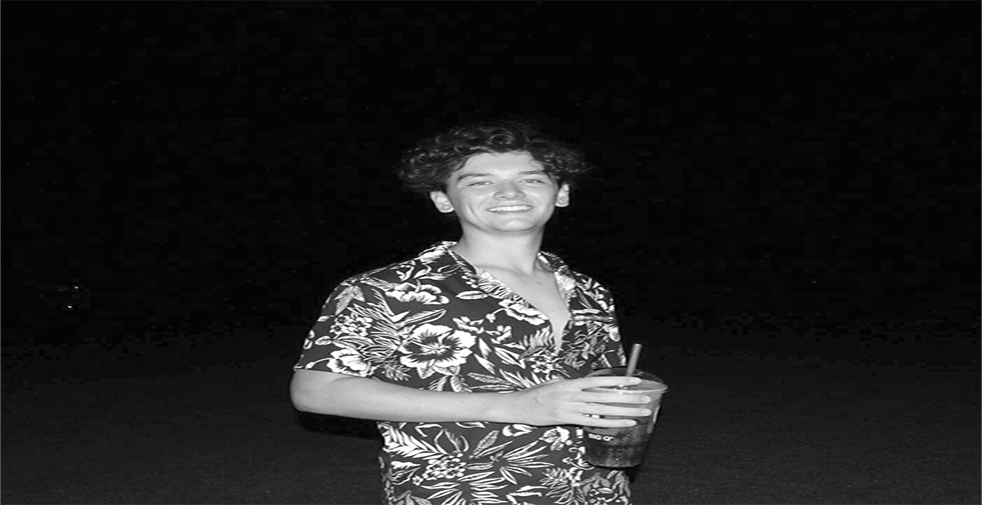I practically grew up on my grandmother’s knee, studying her habits with the rapt attention of childhood. She spent long hours in her garden, where her green thumb was obvious. When family visited, she excelled at preparing delicious spreads, often with a little help from her children.
The habit of hers that influenced me the most was how she religiously played the crossword puzzle that came in her daily paper. To me, they seemed impossible. Every clue referenced some person, event, or concept that I had never heard of. My grandmother, thanks to her bountiful experience, was well prepared, and made the impossible look easy as she solved the puzzle over a cup of coffee.
I still have much to learn before I can hope to achieve the level of skill of my grandmother, but I have found the puzzles stimulating. They require a great breadth of knowledge, covering disparate topics from film to law, from geology to politics. In college we select majors and minors, specializing in a field on our way to a career. This path doesn’t always value the general knowledge that makes people engaged members of society, and lets them be engaging in conversation. Crosswords allow us to build, refresh, and test our general knowledge.
They reward people who haven’t limited themselves to a single experience, but have instead elected to read widely and stay connected to the world and its goings on. I have found that, for me, crosswords strengthen my general knowledge, even as my classes become increasingly specific.
It is no small coincidence that the most well known crossword puzzles are published in papers like the New York Times; their broad coverage of current events, ranging from obituaries to foreign policy means that many answers are included in the paper itself.
These outlets value quality journalism and fact based reporting, and they collect current events the world over into a single source, a few pages long. The New Yorker is another prominent publisher of crosswords. Their coverage, however, focuses more on the cultural rather than the political. The current and the cultural show two sides of the social experience, both quizzed in puzzles, and both equally important to personal development. This kind of engagement is the cornerstone of general knowledge, and it is a base to build on as you further expand your experience through entertainment, learning, and leisure.
I find them to be relaxing and a way to block out the world for a little while, even as you immerse yourself further in it. I subscribe to the New York Times daily puzzle, which means that, much as my grandmother did, I religiously complete it. The satisfaction that I gain from completing the puzzle isn’t really what drives me to continue with them, so much as the chance that they give me to
decompress.
Crosswords remind us that the world is vibrant and ever changing, and that if we limit ourselves to a single type of knowledge then we lose the ability to connect with all that the world has to offer.
